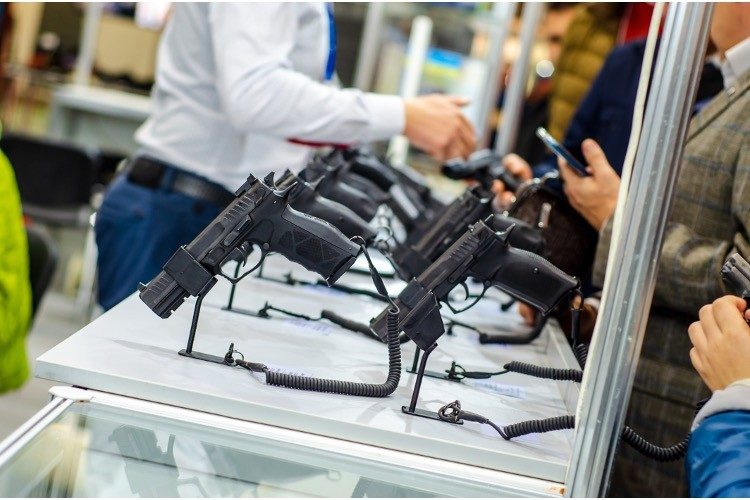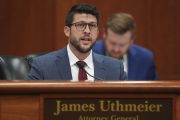
The National Shooting Sports Foundation (NSSF) on Wednesday won a small skirmish in the big war against private ownership of firearms. The group had sued California’s Attorney General over the state’s Firearm Industry Responsibility Act, which, if upheld, would have extinguished all presence of the firearms industry in the Golden State.
Judge Andrew Schopler, a Harvard Law graduate appointed to the U.S. District Court for the Southern District of California by Joe Biden in July 2022, ruled narrowly that the state’s effort to negate Bruen (New York State Rifle & Pistol Association, Inc. v. Bruen) violated the Commerce Clause. He was silent on the Second Amendment and the implications of prohibiting firearms that the law considered “abnormally dangerous and likely to create an unreasonable risk of harm to public health and safety in California.”
There was no mention in his 15-page ruling of how the law would hold members of the firearms industry liable for the criminal use of their products.
The language of the law excoriates legitimate participants in the firearms trade in California:
Firearm industry members’ business conduct has enormous direct and secondary impacts on individuals, families, and communities across California.
Firearm industry members profit from the sale, manufacture, distribution, importing, or marketing of lethal products, and products designed to be used with and for lethal products, that are frequently used to threaten, injure, and kill human beings in California, and which frequently cause enormous harms to individuals’ and communities’ health, safety, and well-being, as well as economic opportunity and vitality.
The firearm industry has long been made aware of these harms and has been called on to adopt reasonably feasible and effective reforms to their business practices to prevent or minimize those harms, but many firearm industry members have failed to do so.
California has adopted critical laws regulating aspects of the firearm industry. However, some members of the firearm industry have continued to develop dangerous business practices and to manufacture, sell, distribute, and market increasingly dangerous new products designed to circumvent and undermine these laws.
That purpose has often been explicit in advertisements for products ranging from unserialized ghost gun build kits to bump stocks to bullet button assault weapons, and many more.
Gun owners will take the win, nevertheless. Said Larry Keane, NSSF’s general counsel, “We are thankful the court enjoined [temporarily] the state from suing members of the firearm industry under this unconstitutional law.”
The law violates the Commerce Clause, ruled Judge Schopler, because states cannot interfere with the commerce of other states. Only Congress has that power to “regulate commerce … among the several states” and Schopler used an example to illustrate how the California law violated that federal clause:
By way of example, suppose a Tennessee manufacturer makes youth-model rifles and AR-style long guns that are legal in its state, but meet California’s definition of “abnormally dangerous.”
Imagine also that the manufacturer ships these arms to Yuma, Arizona (where it is reasonably foreseeable they may somehow enter bordering California).
One day an Arizona retailer sells these guns to an Arizona buyer. Hours later, a thief steals the firearms and drives into California to commit a gun crime.
Although the commercial transactions were conducted entirely out of state — and the lawful participants never set foot in California — the Tennessee manufacturer and Arizona retailer could both be sued under the “abnormally dangerous” firearm provision….
This story is not fanciful.
Therefore, because the “abnormally dangerous” firearm rule “reaches beyond California’s borders and directly impacts out-of-state commercial transactions, it likely runs afoul of the … Commerce Clause.”
The judge gave the NSSF until March 13 to amend its complaint to include the unconstitutionality of the term “abnormally dangerous,” how the law violates the Second Amendment, and other complaints. California’s AG would then have until March 27 to respond to that amended complaint.
In the meantime, California is free to enforce other parts of the law, which include requiring anyone involved in the firearms industry to implement “reasonable controls” to keep firearms out of the hands of someone who might be inclined to commit a crime.




